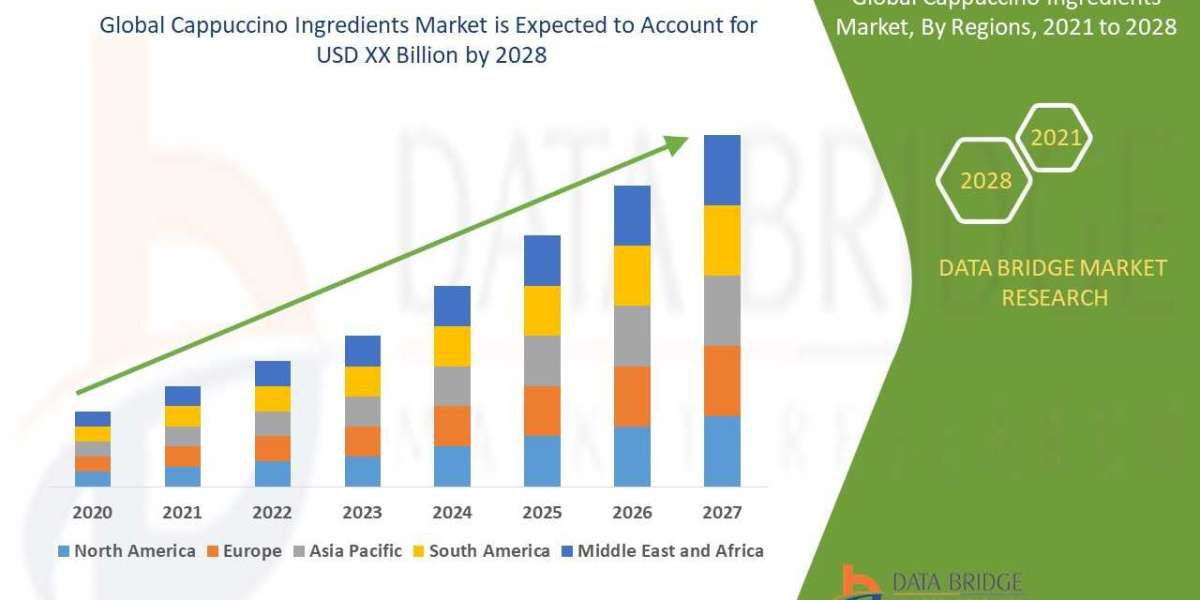The healthcare industry is on the cusp of a technological revolution, and Artificial Intelligence (AI) is at the forefront of this transformation. AI solutions are reshaping the way healthcare is delivered, enabling more accurate diagnostics, personalized treatment plans, and efficient patient care. Within the realm of AI in healthcare, Generative AI solutions are emerging as a powerful tool with the potential to revolutionize various aspects of medical research, diagnostics, and patient care. In this blog, we will delve into the role of Generative AI solutions and their significance in shaping the future of healthcare.
The Essence of Generative AI in Healthcare
Generative AI is a subset of AI that involves training algorithms to generate new data based on patterns and examples from existing datasets. In healthcare, Generative AI solutions leverage advanced machine learning techniques to produce synthetic medical data, images, and even complex structures like molecules and proteins. This capability is transforming how healthcare professionals analyze data, make diagnoses, and develop treatments.
Enhancing Medical Imaging and Diagnostics
Medical imaging plays a crucial role in disease detection and diagnosis. Generative AI solutions are enhancing the capabilities of medical imaging technologies by generating high-quality images and enhancing low-resolution scans. This can lead to more accurate and earlier diagnoses, allowing healthcare providers to intervene at critical stages of diseases, resulting in improved patient outcomes.
Drug Discovery and Development
The process of drug discovery and development is notoriously time-consuming and expensive. Generative AI solutions are revolutionizing this process by simulating molecular interactions, predicting drug-protein binding, and even generating potential drug candidates. Pharmaceutical companies can leverage these solutions to expedite the identification of promising compounds, ultimately accelerating the path to new medications.
Personalized Treatment Plans
No two patients are alike, and their response to treatments can vary significantly. Generative AI solutions enable healthcare professionals to create personalized treatment plans by analyzing individual patient data and medical histories. This data-driven approach optimizes the efficacy of treatments while minimizing adverse effects, enhancing patient care and improving quality of life.
Addressing Data Scarcity
In many healthcare domains, obtaining a sufficient amount of labeled data for training AI models can be challenging. Generative AI solutions offer a solution to this problem by generating synthetic data that closely resembles real medical data. This data augmentation technique enhances the performance of AI models, making them more accurate and reliable, even in scenarios with limited available data.
Disease Prediction and Prevention
Generative AI solutions excel at analyzing intricate patterns within vast datasets. In healthcare, this ability can be harnessed to predict disease outbreaks, anticipate patient needs, and identify risk factors for various conditions. By spotting trends early on, healthcare professionals can take proactive measures to prevent the spread of diseases and minimize their impact on public health.
Training and Education for Healthcare Professionals
Healthcare professionals require continuous training to stay updated with the latest medical advancements. Generative AI solutions can facilitate immersive training experiences by simulating complex medical scenarios and surgeries. Medical students and practitioners can practice procedures, refine their skills, and gain confidence in a controlled and risk-free virtual environment.
Ethical Considerations and Data Privacy
While Generative AI solutions offer remarkable potential, they also raise ethical considerations, particularly regarding patient data privacy and security. Healthcare organizations must ensure that any data used for training Generative AI models is de-identified and protected according to stringent privacy regulations. This ensures that the benefits of AI in healthcare are harnessed responsibly and ethically.
Conclusion
Generative AI solutions are poised to reshape the landscape of AI in healthcare, enabling more accurate diagnoses, personalized treatments, and innovative research possibilities. With the ability to generate synthetic data, enhance medical imaging, and accelerate drug discovery, these solutions are on the brink of revolutionizing the way healthcare is practiced. By harnessing the power of Generative AI, healthcare professionals can provide more effective and tailored patient care, leading to improved health outcomes and a higher quality of life for patients worldwide.
As Generative AI solutions continue to evolve, it is essential for the healthcare industry to embrace them responsibly, addressing ethical considerations and privacy concerns. The fusion of technology and medicine holds enormous promise, and by leveraging the capabilities of Generative AI, healthcare professionals can unlock new avenues of discovery and innovation that will shape the future of healthcare for generations to come.


![[SCAM ALERT] Liba Reviews Reviews: REVEALED Don’t Buy Read Before](https://thewion.com/upload/photos/2023/02/35dXcVpMHunzIKhlxXSZ_12_7dd788f09b88e6a3b1b76121d55499da_image.jpg)